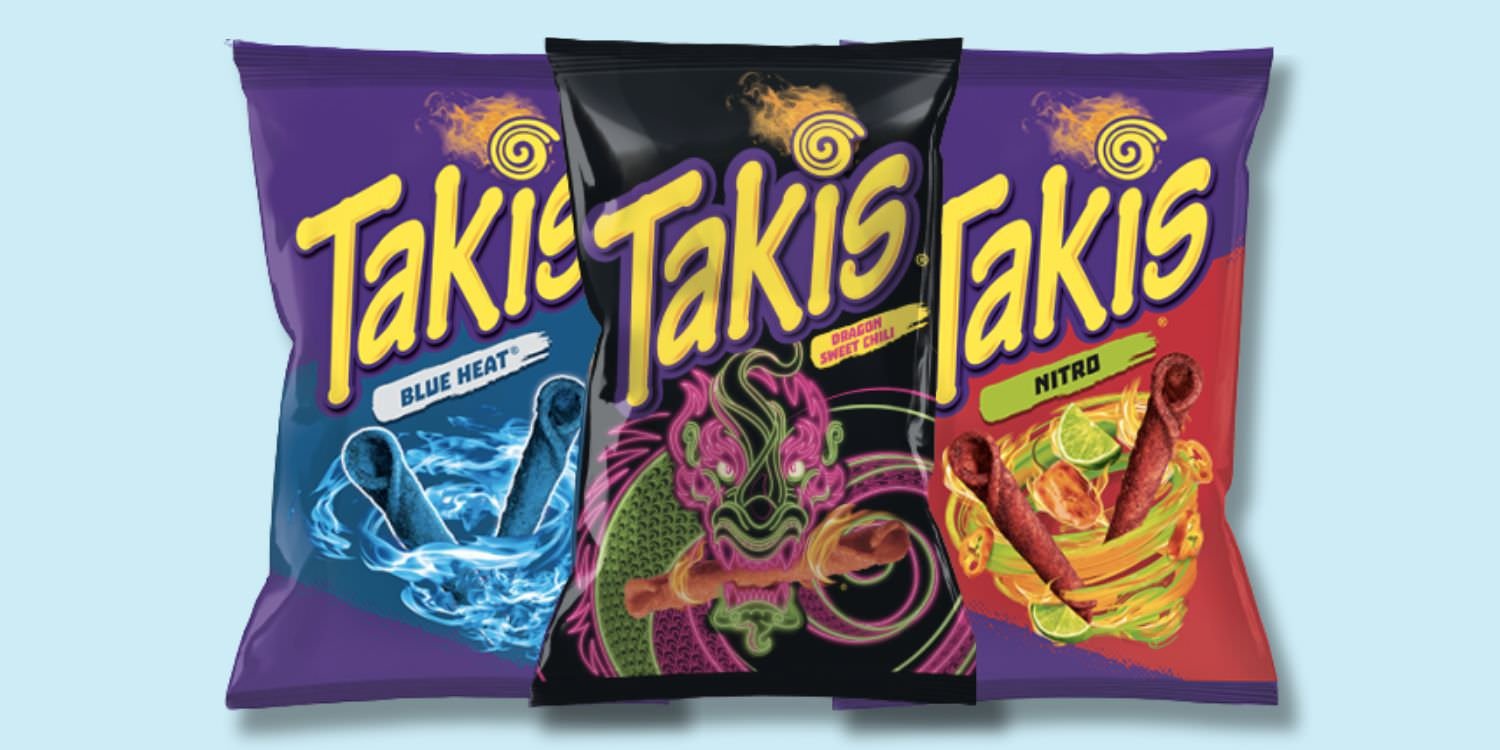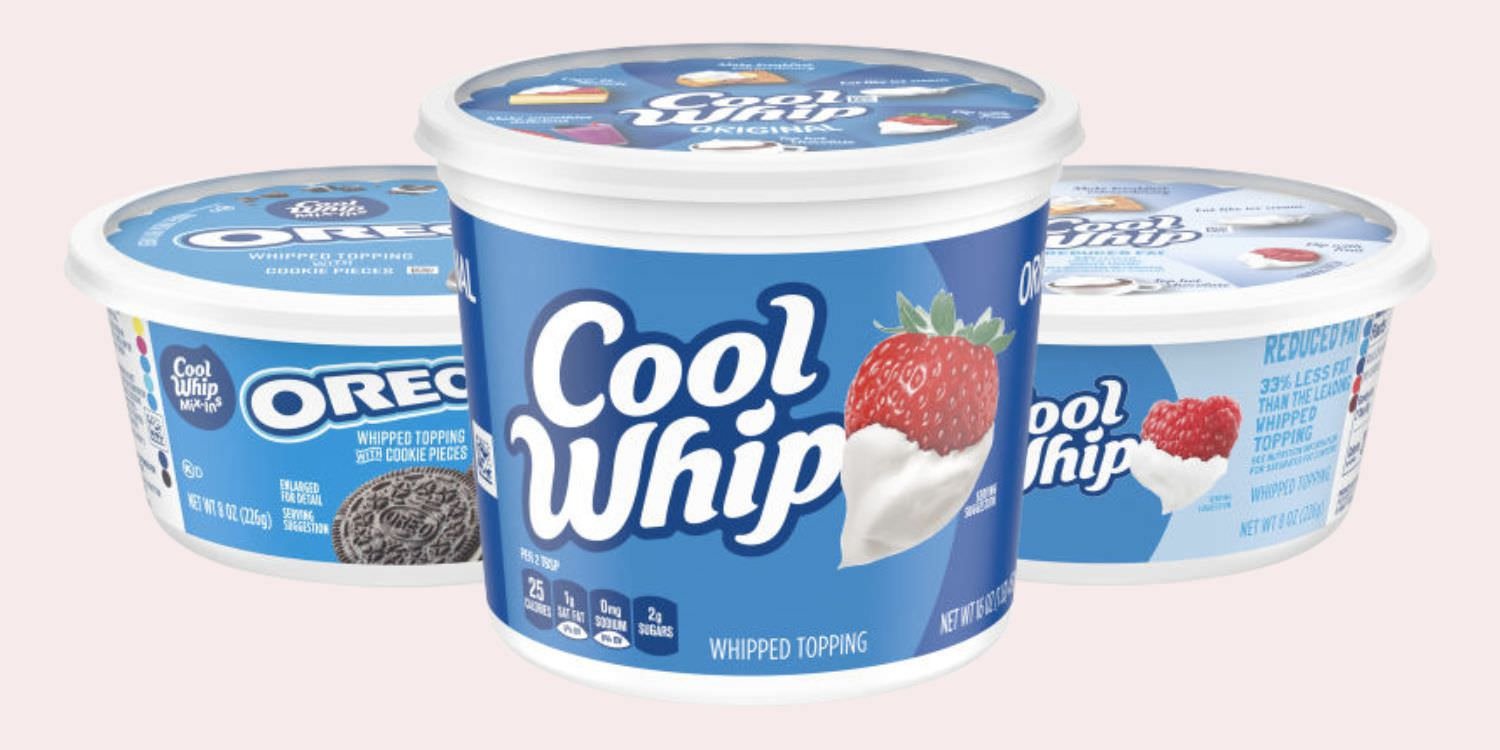Is Honey Vegan?
Do vegans eat honey? There is no simple answer here. Vegans try their very best to avoid all products that cause harm to animals, and this includes bees. So, the only reason a vegan would not consume honey is if they knew the honey they are purchasing is contributing to honeybees’ suffering. Keep reading to find out if this is the case.
Does Purchasing Local Honey Harm Bees?
This is a complex question, because honeybees are often conserved and protected by small, local, ethical beekeepers. In other words, many are helping to keep them alive in a time when their populations are rapidly vanishing. (If all honeybees died, we would shortly follow.) These same small-scale beekeepers tend to take only a portion of the bees’ honey, leaving them with enough to survive and thrive. However, that’s not to say honeybees don’t suffer any abuse at the hands of large-scale, industrial beekeepers.
Does Large-Scale Honey Production Harm Bees?
A huge problem with industrial beekeeping occurs when the honeybees are not left with enough honey to sustain themselves. When this happens, they are provided with sugar water, which gives them temporary energy, but does not provide them with all of the micronutrients they need to continue working as hard as they do. Did you know it takes a whole colony pollinating 2 million flowers, to produce just 1lb. of honey?!
When honeybees’ sole energy source — honey — is taken from them, they are left with little nutrition and energy to perform this monumental task that sustains the lives of almost all land animals.
Another ethical aspect to take into account is the stress that bees experience when transported all over the country to pollinate fields. Bee ‘pollination services’ help crops reproduce and make modern agriculture possible. Without the bees’ help, many crops would yield much less fruit, or in some cases, none at all. However, bees that are frequently transported undergo a ton of stress, and can even have trouble developing food glands, which can make it difficult for them to nurse the next generation of honey bees.
Honey bees also undergo selective breeding, another issue that may affect their wellbeing. This process typically leaves them with a smaller gene pool, making them more vulnerable to disease. A diseased colony may then spread diseases to other bees during pollination
Although the specific causes are still unidentified, large-scale honey production could be contributing to alarming viruses and diseases surging and spreading rapidly among honey bees, which are killing off large percentages of colonies all over the world, like Colony Collapse Disorder, varroa mite, chronic bee paralysis virus, nosema, chalkbrood, and more.
What Do Bees Do For The Planet?
In layman’s terms, honey bees help us produce about 33% of the food we eat globally.
Their job is to transfer pollen from a flower’s anther to its stigma. This allows the flower to produce a seed or nut. While this is not always necessary, many plants do rely on animals honey bees to perform this task for them. So essentially, honey bees are a crucial ally to our planet’s agricultural system, and we owe a huge portion of our food to their laborious daily tasks.
To put things into perspective, without bees, we would no longer have:
strawberries
potatoes
kiwis
onions
beets
cauliflower
cabbage
brussel sprouts
broccoli
chilli peppers
watermelon
papaya
cucumber
melon
lemon
carrots
flax
mango
much, much more
The Verdict
Considering that honey can easily be swapped with homemade date syrup or any other vegan sweetener, it may be better for vegans who don’t have access to local, ethical honey, to avoid it altogether. After all, we don’t need honey; bees do!
Vegan Sweeteners to Substitute Honey
Maple Syrup
Maple Grove Farms Maple Syrup
A similar option with incredible flavor is maple syrup! You can pour it over hot pancakes, use it in a baking recipe, or use it to sweeten your beverages. One of our favorite brands is Maple Grove Farms' 100% Pure Maple Sryup. As the name states, it's completely pure, made with no artificial flavors or added corn syrup. They also received the Vermont Governor’s Award for Environmental Excellence in recognition of their Zero Waste Landfill Project! We love a brand that cares for both our health and that of the planet. Go for a pure maple syrup like this one to make sure you're getting the real deal!
Date Syrup
D’Vash Date Syrup
With a beautiful caramel taste and super smooth consistency, date syrup is an excellent option for drizzling over ice cream, oats, and for sweetening any pastry or beverage. We like the D'vash brand of date syrup, which even provides a bit of fiber, potassium, and magnesium! It's also organic, non-GMO, naturally gluten-free, and contains 25% less sugar than honey.
Date Sugar
Chatfield’s Date Sugar
Made with just one ingredient; pure, dehydrated dates, date sugar is an excellent natural sweetener. This sweetener is typically not great in beverages, since it doesn't dissolve completely. However, when used in baking, it shines for its brown sugar-like flavor! Go for Chatfield's date sugar for a solid, natural choice.
Coconut Sugar
Wholesome Organic Coconut Sugar
Derived from natural coconut palm tree nectar, coconut sugar is great in all kinds of beverages, sauces, and as a yummy topping! It's slightly lower in sugar carbohydrates than refined sugar, and provides plenty of micronutrients. For an organic, non-GMO, Kosher, and gluten-free option, go for Wholesome's Organic Coconut Palm Sugar. However, you may need a bit more than you would with refined sugar to sweeten your meals or treats.
Cane Sugar
Sugar in the Raw Cane Sugar
For a slightly healthier alternative to refined sugar, with no compromise on the taste or texture, try going for minimally processed cane sugar. Sugar In The Raw's cane sugar boasts a rich molasses flavor that's ideal for baking, sweetening beverages, or in any other sweet treats! Use in the exact same proportions as regular sugar.












